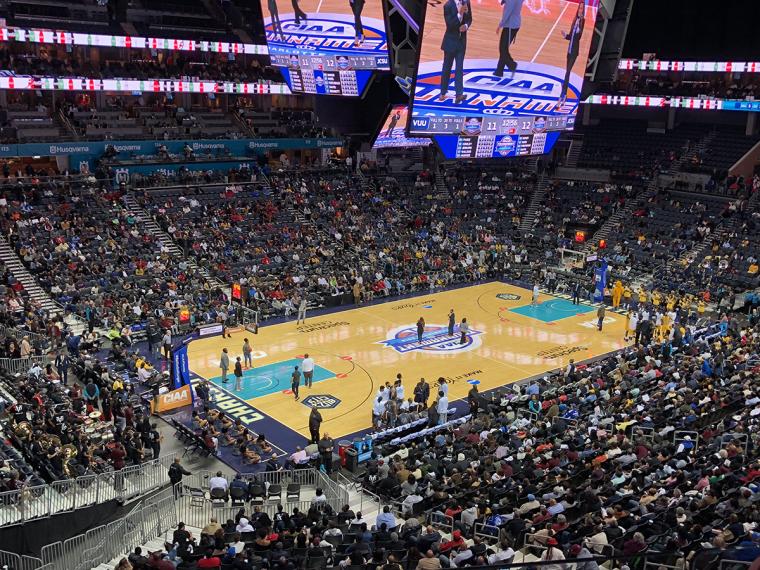
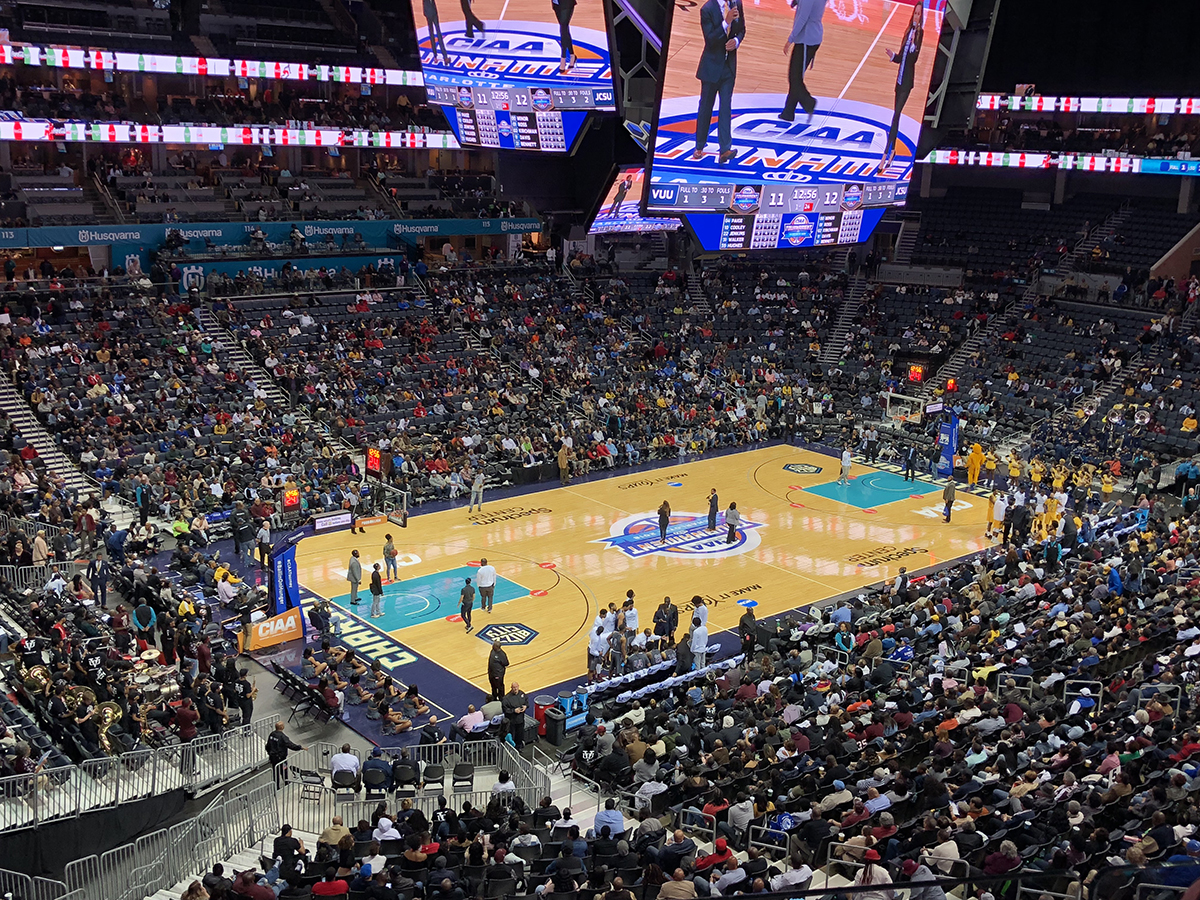
As background, we have been working with multiple clients, including the Central Intercollegiate Athletic Association, one of America’s oldest athletic conferences of Historically Black Colleges and Universities (HBCU). CIAA produces annual championships in multiple sports, and those championships often have other components, including entertainment, festivals and more, which help drive public engagement. We’ll refer to a few of these for examples in this article.
How Do We Get Coverage?
You can’t just expect news coverage of your event. It’s great when you do get it, but in general, you need to develop a product that is worthy of people’s attention. Promote the content of your event, not just the tournament itself but what it stands for, what it brings to town and what it leaves behind as a lasting legacy.
How Far in Advance Should We Start Publicizing Our Event?
We generally recommend that a campaign start no less than 90 days ahead of an event – more if possible. From a media perspective, you want to get it on the calendar for possible coverage and start building the anticipation. For ticketing, you should be looking at approximately the same window, particularly if you want to promote advance ticket sales – which can also drive people to come into town and stay.
An additional reason for the advance notice is to publicize all the various pillars of your event. For example, when we are working to publicize the CIAA Men’s and Women’s Basketball Tournament, held in late February and early March in Charlotte, North Carolina, there is a full schedule of ancillary events. These include a celebrity basketball game, a concert, a fan fest, a college fair and more. If you can disseminate press releases each time an ancillary event is announced, you keep your tournament in front of the media – and by extension, in front of the community you want to reach. Remember that different people will be interested in different events, and you’ll widen your audience with more engagement.
Don’t make the mistake of trying to publicize the entire schedule in one long press release that you only send out once (or even over and over). While it’s easy to be wrapped up in your own event and want to share every bit of news, too much information can be a deterrent when it comes to getting publicity. In general, the media is looking for something they can report easily and quickly, and the public doesn’t want to be overwhelmed with details. Try to stick with one main topic per announcement.
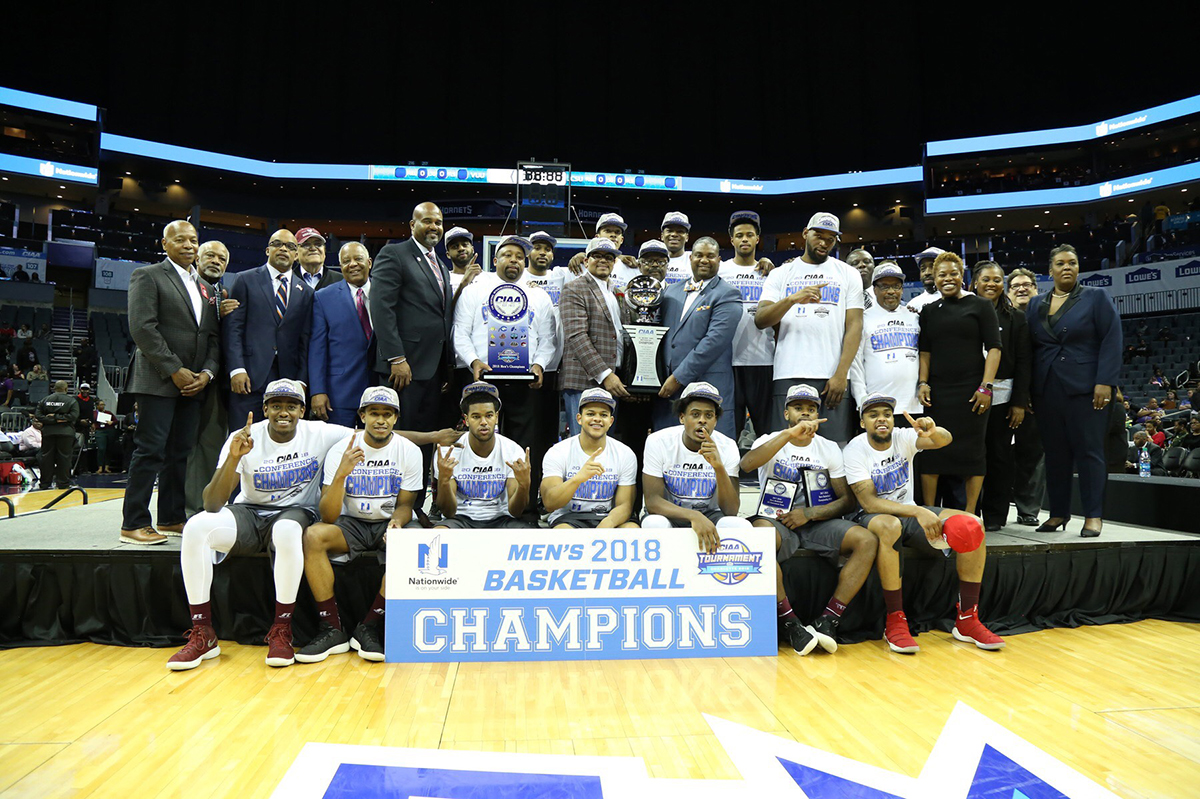 I’m Using Social Media to Promote Our Tournament; Isn’t That Enough?
I’m Using Social Media to Promote Our Tournament; Isn’t That Enough?
Social media is great, of course, and it’s free to post in many channels. However, it shouldn’t be the only pillar of your campaign. Not everyone who is a potential reporter, spectator or donor is going to be on Facebook, Twitter or Instagram. And even if some of those people do have an account on one or more of those social media channels, they may not log in often enough, or soon enough, to see your post about your tournament when it goes live. Likes and Follows don’t mean a thing because they don’t necessarily translate into attendance or coverage.
If you want to publicize your event effectively, you are going to have to make outreach to the mainstream media and to the community at large. And yes, you may have to spend money to do that – something we’ll discuss later. Just know that a solid campaign uses an integrated perspective, including media relations, organic efforts, promotions and social media as well as community engagement.
What Are Some Good Examples of Community Engagement Events?
I like to say the CIAA Basketball Tournament is simply too large not to give back, but in reality, every event should look for ways to benefit the host community.
We have seen CIAA athletes and visitors put in a day at a Habitat for Humanity project, volunteer at a food bank, assemble backpacks for schools and provide new socks and shoes to kids. The tickets to our tournaments support scholarships for students at CIAA institutions, and we have an education day where universities can meet with potential students.
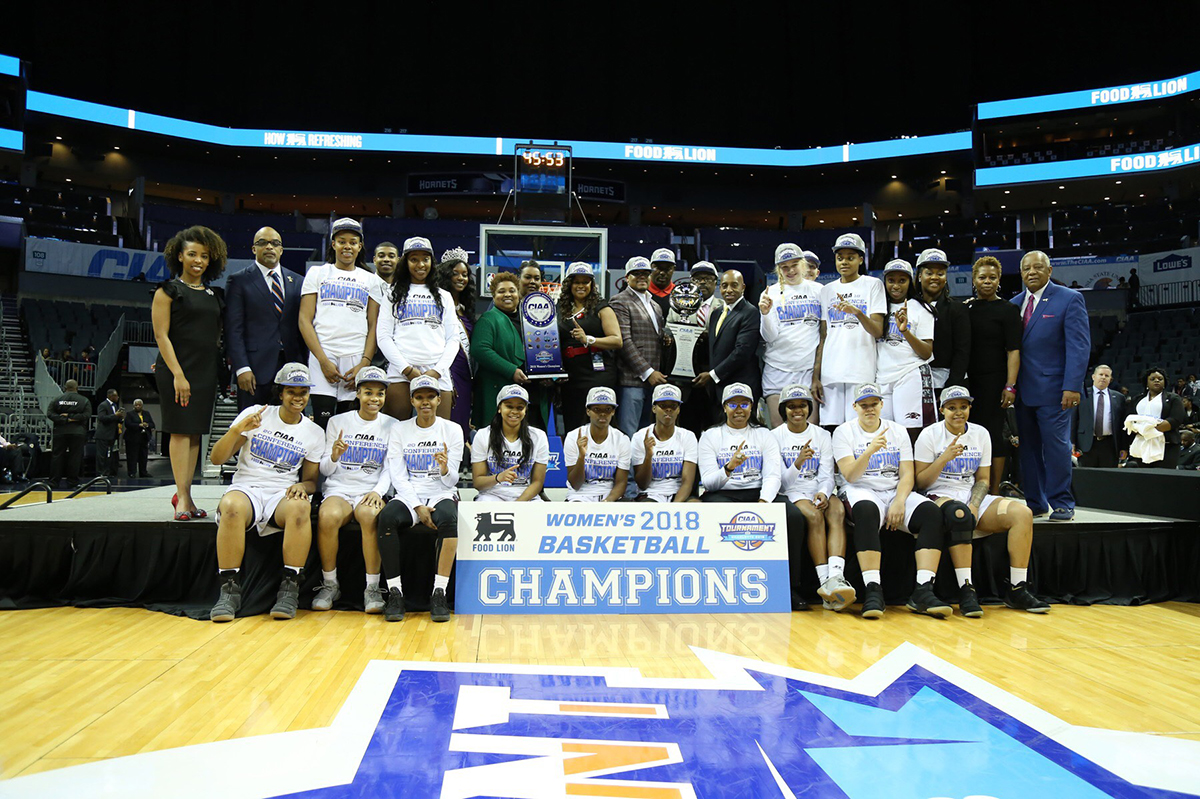 I Hear a Lot About Branding. How Do I Use It?
I Hear a Lot About Branding. How Do I Use It?
The term of ‘brand’ has been tossed around a lot in this industry. It can mean different things, but I define it as personality. What is the personality of your organization and your event? Everyone has a story and that includes the CIAA, its teams, its athletes and its alumni, as well as its supporters. How can we connect with people and tell our story so that others get a sense of who we are?
Because CIAA is a nonprofit, we can’t get political, meaning we can’t take a stance on certain issues. What we can do is showcase our mission, our values, our traditions and our community – and hope that other people understand how those things translate into the world today. We want people to know what we stand for, and we want that to resonate with them.
How you use your brand to attract your audience will depend on who your target group is. Engaging Millennials is much different from engaging Baby Boomers – they have grown up with different backgrounds and values and they’ll respond to different messages. Ultimately, what you are trying to do is generate a rapport or a connection to your event.
Is it Better to Hire a Professional?
Ultimately, you may decide to hire a professional agency or firm to handle your advertising, marketing and public relations. It’s a choice that allows you to tap into a resource full of talent that you don’t have internally. (And let’s face it; you’re being pulled in several directions and you often don’t have the bandwidth to do this too.)
Consider hiring an agency that is a boutique organization with a particular area of expertise, such as sports competitions, charitable foundations, cultural events, etc. Have a conversation about what you want to accomplish and allow the professionals to suggest changes to your message, your call to action or anything else. You want a company that is focused on the outcome of the event, not on the transaction. Make sure to have conversations about your expectations – professional firms generally won’t be working for you on a full-time basis (that is what makes them a more realistic option than hiring a staff member to handle everything).
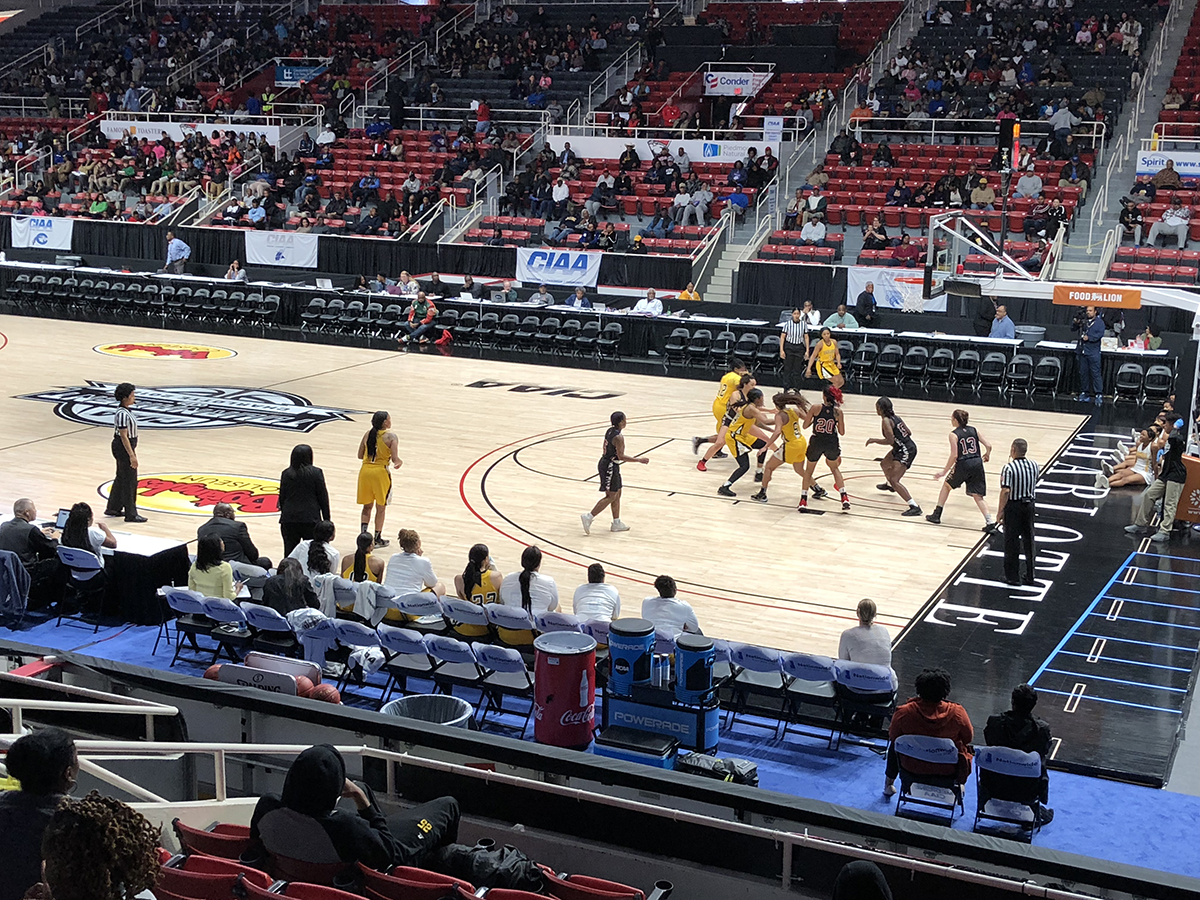 Our Budget is Tight. Should We Cut Our Promotions?
Our Budget is Tight. Should We Cut Our Promotions?
Oddly, promotional efforts are the first thing people cut – and the last thing they should. Stopping your promotions means losing your brand awareness. When you’re flush again, you’ll have to work just as hard to build it back up. If your financial situation has fluctuated, talk with your marketing firm about how to make strategic changes so your message remains strong.
What If I Don’t See Results?
Don’t be impatient – give the campaign time to develop. Essentially, the company you’re working with is building relationships with the media, the public and the host city. Relationships take time. Good marriages don’t happen on the first date; people need to be courted. It takes repeated messaging in a strategic fashion to reach your public, gain their trust and make them want to come to your event.
Remember too that a good firm will be able to provide you with analytics. Content is king but analytics are queen – we refer to them as the GPS of your public. With those measurements, your agency can guide you concerning what you’re accomplishing and what, if any, tweaks are needed.
Marketing, advertising and public relations are an investment in your event – and they’re a good investment. Do things the right way and you’ll see the benefit in a stronger, more visible sports tournament. SDM

